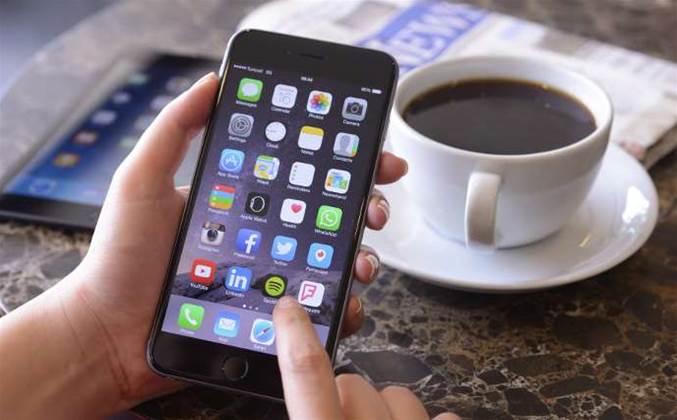The Australian Competition and Consumer Commission plans to query Apple on its practice of deliberately deactivating iPhones that have been repaired by non-Apple service providers.

Reports have emerged over the last week of users receiving an "error 53" alert when updating to iOS 9, if the operating system detects the device’s home button or fingerprint recognition sensor was not in its original state.
The iPhone could be in such a state as a result of repair by a non-Apple service provider or simply that the hardware was imperfect from use.
"Error 53" renders the iPhone permanently unusable – a practice known as “bricking” the phone.
The user has no opportunity of retrieving any data or personal information stored on the phone that has not been backed up into the cloud.
The consumer watchdog said it was aware of the practice and would enquire with Apple.
“The ACCC is examining whether this practice contravenes the consumer guarantee and false and misleading representations provisions of the Australian Consumer Law," an ACCC spokesperson told iTnews sister site CRN.
"The ACCC would also be concerned about any practices which restricts competition, including through access to parts or data.
“The ACCC will be writing to Apple urgently seeking a response to the concerns that have been raised by consumers.”
Apple Australia did not respond to request for comment.
The local reaction follows concerns overseas that Apple’s policy is unlawful. US legal firm PCVA has called on affected users to register their interest about a potential class action lawsuit against the vendor.
“We believe that Apple may be intentionally forcing users to use their [Apple's] repair services, which cost much more than most third-party repair shops,” PCVA stated in its callout for victims.
“Where you could get your screen replaced by a neighborhood repair facility for US$50-80, Apple charges US$129 or more. There is incentive for Apple to keep end users from finding alternative methods to fix their products.”
The Guardian UK reported a barrister as saying Apple’s “reckless” policy of “killing” iPhones could potentially be in violation of the Criminal Damage Act, which makes it “an offence to intentionally destroy the property of another”.
PCVA said the situation was analogous to repairing one’s car at a local mechanic.
“Under Apple’s strategy, your car would no longer start because you didn’t bring it to an official dealership. They intentionally disable your car because you tried to fix it yourself,” the law firm said.
“That is wrong, and we hope to prove that it violates various consumer protection laws in the United States.”

_(23).jpg&h=140&w=231&c=1&s=0)

.png&h=140&w=231&c=1&s=0)
_(28).jpg&h=140&w=231&c=1&s=0)





 iTnews Benchmark Awards 2026
iTnews Benchmark Awards 2026
 iTnews Executive Retreat - Security Leaders Edition
iTnews Executive Retreat - Security Leaders Edition
 iTnews Cloud Covered Breakfast Summit
iTnews Cloud Covered Breakfast Summit
 The 2026 iAwards
The 2026 iAwards












_(1).jpg&h=140&w=231&c=1&s=0)



